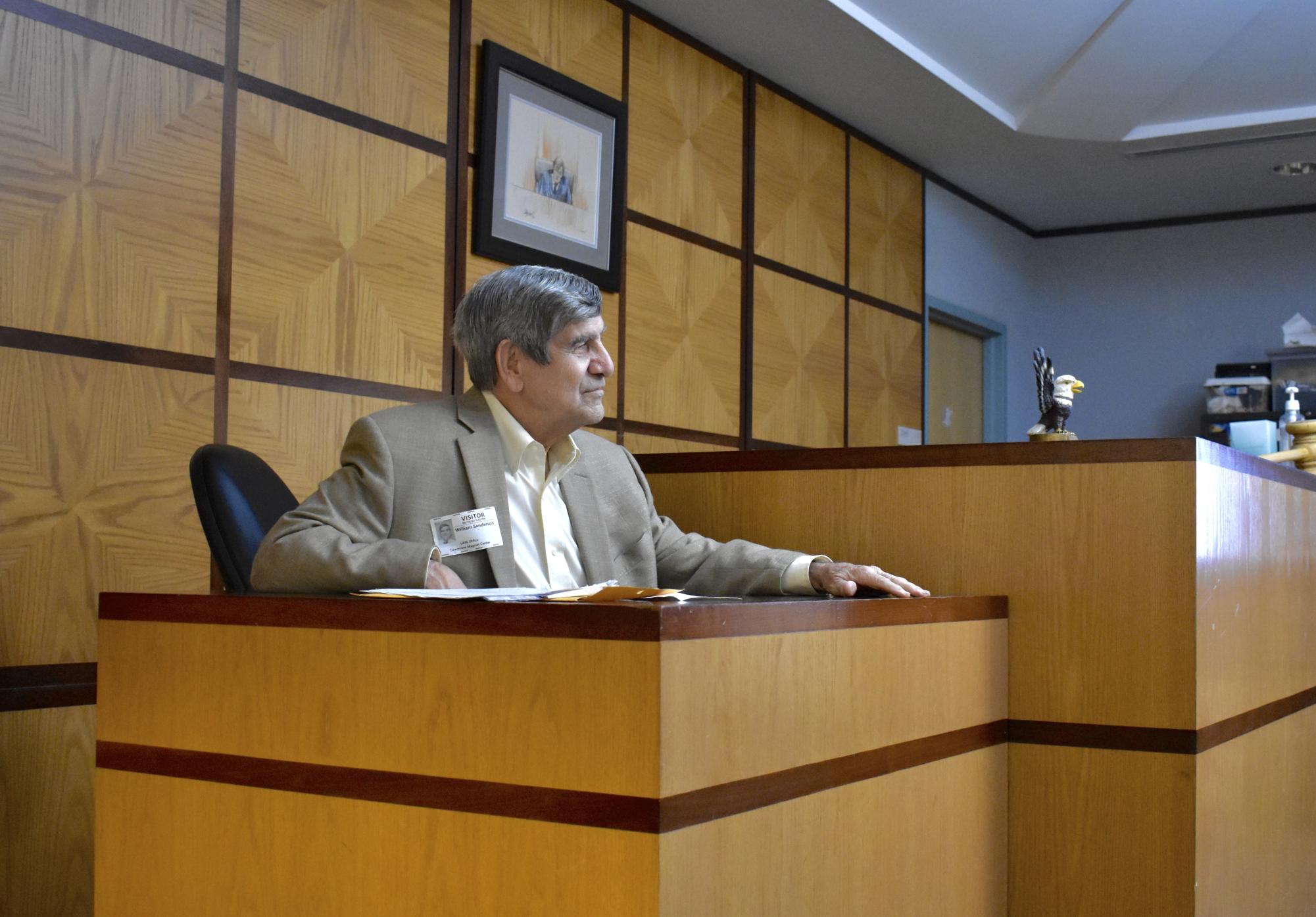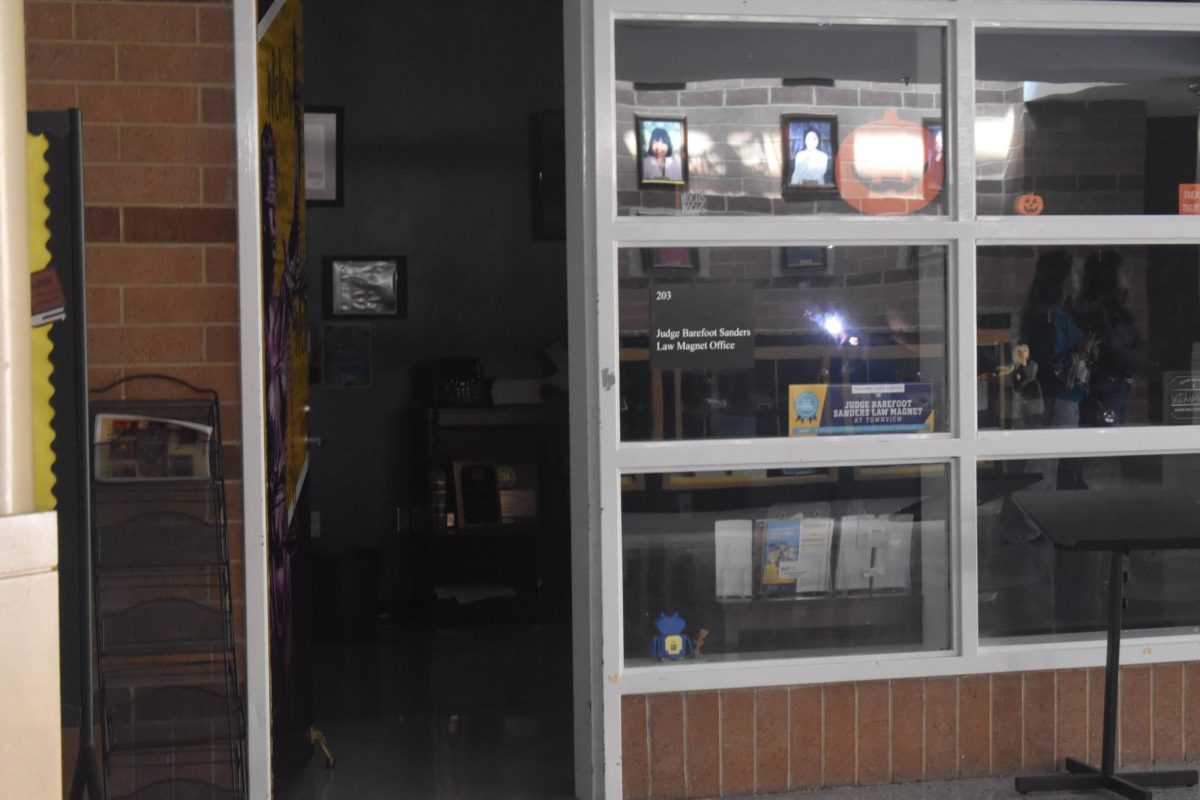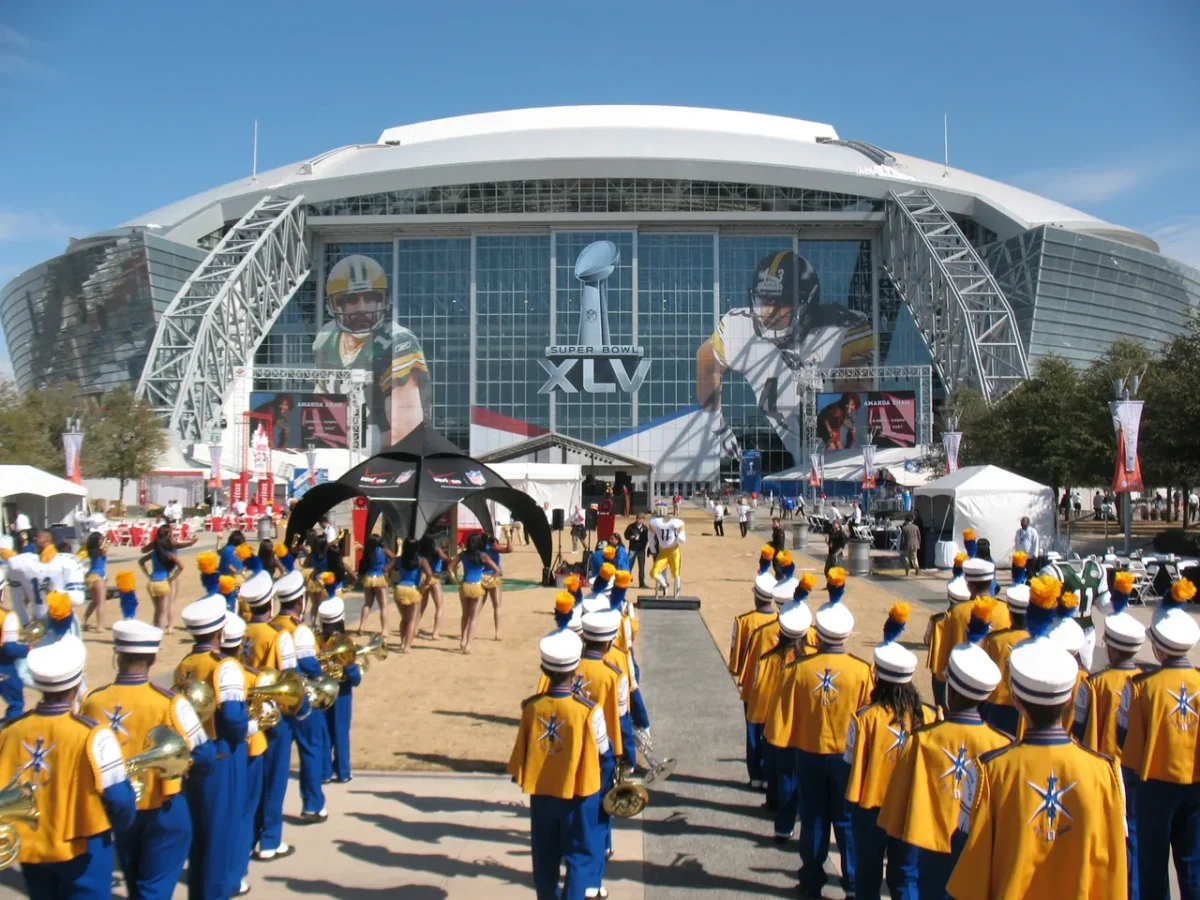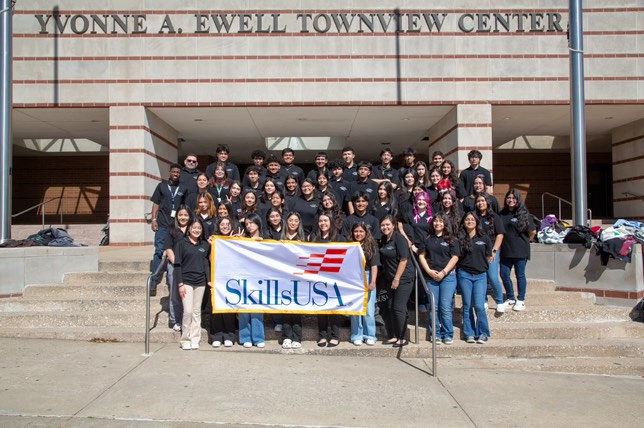With a career spanning over four decades, Judge William F. Sanderson has become a prominent figure in the legal field, known for being a dedicated public servant and a committed advocate. His career began as an assistant city attorney for Dallas and later included serving as a federal prosecutor for the U.S. Attorney in the Northern District of Texas. He then joined the private sector as an associate at Stubbeman & McCrae, ultimately concluding his career with over three decades as a federal magistrate judge for the Northern District of Texas. Despite his busy schedule, Judge Sanderson chose to spend his afternoon answering some of our burning questions about his life in law.
His Beginnings:
Judge Sanderson’s passion for the law was ignited by the classic legal TV show “Perry Mason,” which featured the titular defense attorney successfully advocating for the innocent in every episode. “I loved hearing the arguments and thought that might be fun to do,” Sanderson recalled. Despite having no lawyers in his immediate family, he pursued his dream, earning an undergraduate degree from Vanderbilt University in English with a minor in history, followed by a law degree from the University of Texas at Austin.
Advice for Aspiring Advocates:
For those aspiring to follow in his footsteps, Judge Sanderson emphasized the importance of clear communication. “You need to know how to write and articulate your ideas effectively, regardless of your audience,” he advised. While a degree in English is not necessary, he suggested taking a diverse range of courses to become well-rounded, which will enhance the critical thinking and analytical skills that are essential for law school.
Reflecting on his law school experience, Judge Sanderson noted the necessity of retaining and digesting a substantial amount of information, as grades are often based only on one exam. He also advised new lawyers to maintain a broader perspective on life to avoid burnout: “Don’t be grinding all the time; make sure to balance your work with personal well-being.”
Behind the Bench:
Judge Sanderson, the second-longest-serving federal magistrate judge in the Fifth Circuit, presided over numerous naturalization ceremonies, from the one in the historic Old City Park in Dallas to that of the expansive Dallas Convention Center. He took great pride in swearing in new citizens. Additionally, he was appointed by the Washington Administrative Office to handle international prison transfers, which meant that he conducted hearings in foreign countries to ensure that U.S. citizens who had been arrested and jailed abroad could be transferred back to the U.S. to serve the remainder of their sentences.
These cases led him to conduct hearings in diverse locations, including Monterrey, Mexico, Her Majesty’s Prison Wandsworth in London, and even Panama during Holy Week. When he wasn’t traveling or naturalizing new citizens, Judge Sanderson handled a wide variety of federal cases, including those concerning habeas corpus petitions (individuals challenging the legality of their detention/imprisonment) and civil litigation.
Sanderson and Sanders:
Throughout his career, Judge Sanderson was deeply influenced by his friendship with the late Judge Barefoot Sanders, after whom the Law Magnet is named. “Barefoot Sanders was one of the greatest people I’ve ever known,” Sanderson reflected. “He was a wonderful person with a very warm heart and a strong belief in civil rights.”
Interestingly, their similar names occasionally led to some confusion. “Four to five times a year, someone would wander into the wrong courtroom,” Sanderson recalled with a chuckle. But, “If I am ever going to be confused with someone else, I can’t think of another person I’d rather be mixed up with than Barefoot Sanders”.
Parting Words:
Judge Sanderson shared with us that the late Barefoot Sanders would often ask, “What good things have you done for your country lately?” As a firm believer in the U.S. government, Sanderson strongly believes that it is up to the people to understand how the government works. He claimed that we need to be an educated electorate to create and support a true Democratic Republic. He also stressed the importance of civic education and urged those of us who will turn 18 by the end of September to get registered to vote in the general election on November 5. Let’s heed his advice.







